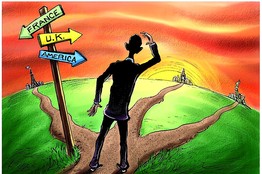by Joseph Ashby –
Peeking through Occupy Wall Street’s cloudy drum sessions, group speeches, and celebrity visits are a few rays of reality’s sunlight. These glimmers of the real world show that even the campers of Zuccotti Park aren’t immune to Margaret Thatcher’s famous declaration that “the facts of life are conservative.”
Conservatism is the natural political outgrowth from the real life experience. Humans are naturally flawed, greedy, and untrustworthy. Conservatives recognize that fact and promote the market system and divided government in order to pit one greedy person against another.
Conversely, the left continually denies and fights against human nature (inevitably losing to it). For leftists, it’s always a matter of finding the right human to rule — the disinterested regulator, the consumer-protecting bureaucrat, the messianic president, etc. [Read more…]

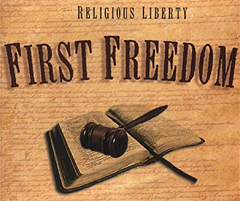 by Archbishop José H. Gomez –
by Archbishop José H. Gomez – by Timothy Dalrymple –
by Timothy Dalrymple –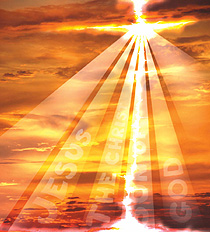 by Fr. Joshua Makoul –
by Fr. Joshua Makoul –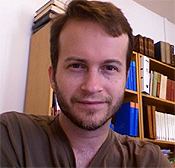
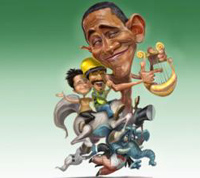 by Jeff Bergner –
by Jeff Bergner –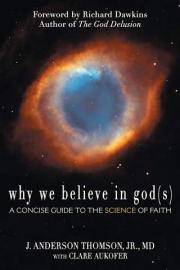 by Matthew Cullinan Hoffman –
by Matthew Cullinan Hoffman –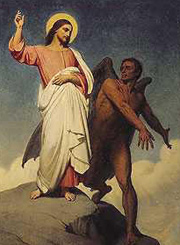 by Katie Peterson –
by Katie Peterson –